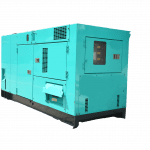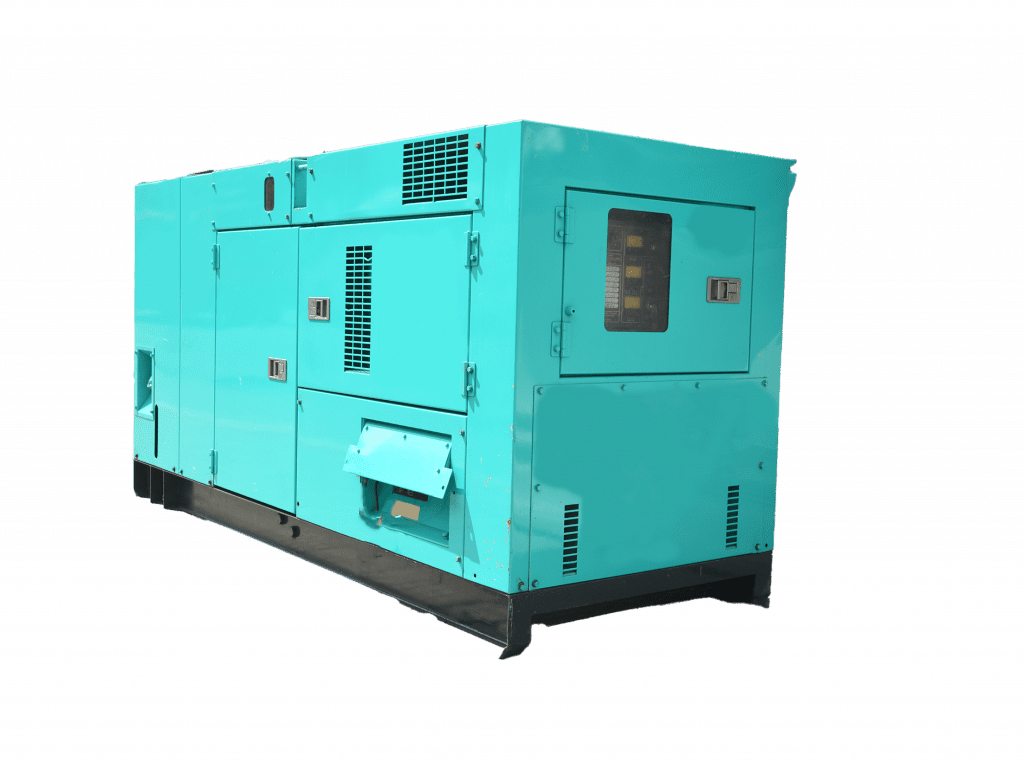A standby power generator, also known as an emergency generator, is a backup power system designed to automatically provide electricity to a building, facility and applications during a power outage. Unlike portable generators that require manual operation and fuelling, standby generators are permanently installed and connected to a building's electrical system. They are typically fuelled by diesel fuel providing a reliable source of backup power for extended periods.
How Do Standby Power Generators Work?
Standby generators operate through an automatic transfer switch (ATS) that monitors the incoming power. When the ATS detects a loss of power from the main electrical grid, it signals the standby generator to start automatically. Once the generator is up and running, it begins supplying electricity to the building's electrical system, restoring power to critical circuits or the entire facility. When utility power is restored, the ATS switches the electrical load back to the main power source and shuts down the generator until needed again.
Contact Our Power Protection Experts
Why Are Standby Power Generators Essential?
Standby power generators offer numerous benefits, making them essential for both residential and commercial applications:
- Continuous Power Supply: Standby generators provide uninterrupted power during outages, ensuring that essential systems and equipment remain operational.
- Business Continuity: For businesses, standby generators are critical for maintaining operations, protecting data, and minimising downtime, which can result in significant financial losses.
- Safety and Security: Standby generators keep vital systems running, such as lighting, security systems, and communication devices, ensuring the safety and security of occupants during emergencies.
- Protecting Critical Infrastructure: Standby generators are essential for critical facilities such as hospitals, data centers, and emergency response centers, where uninterrupted power is paramount for patient care, data integrity, and public safety.
In summary, standby power generators play a crucial role in ensuring uninterrupted power supply during outages, emergencies, and natural disasters. By automatically activating when the main power source fails, these backup systems provide peace of mind and reliability for both residential and commercial users. Whether safeguarding businesses from financial losses or protecting critical infrastructure and public safety, standby generators are indispensable assets for any modern facility or residence. If you're considering investing in backup power solutions, a standby generator is a wise choice to keep your operations running smoothly, even in the face of unexpected power disruptions.












